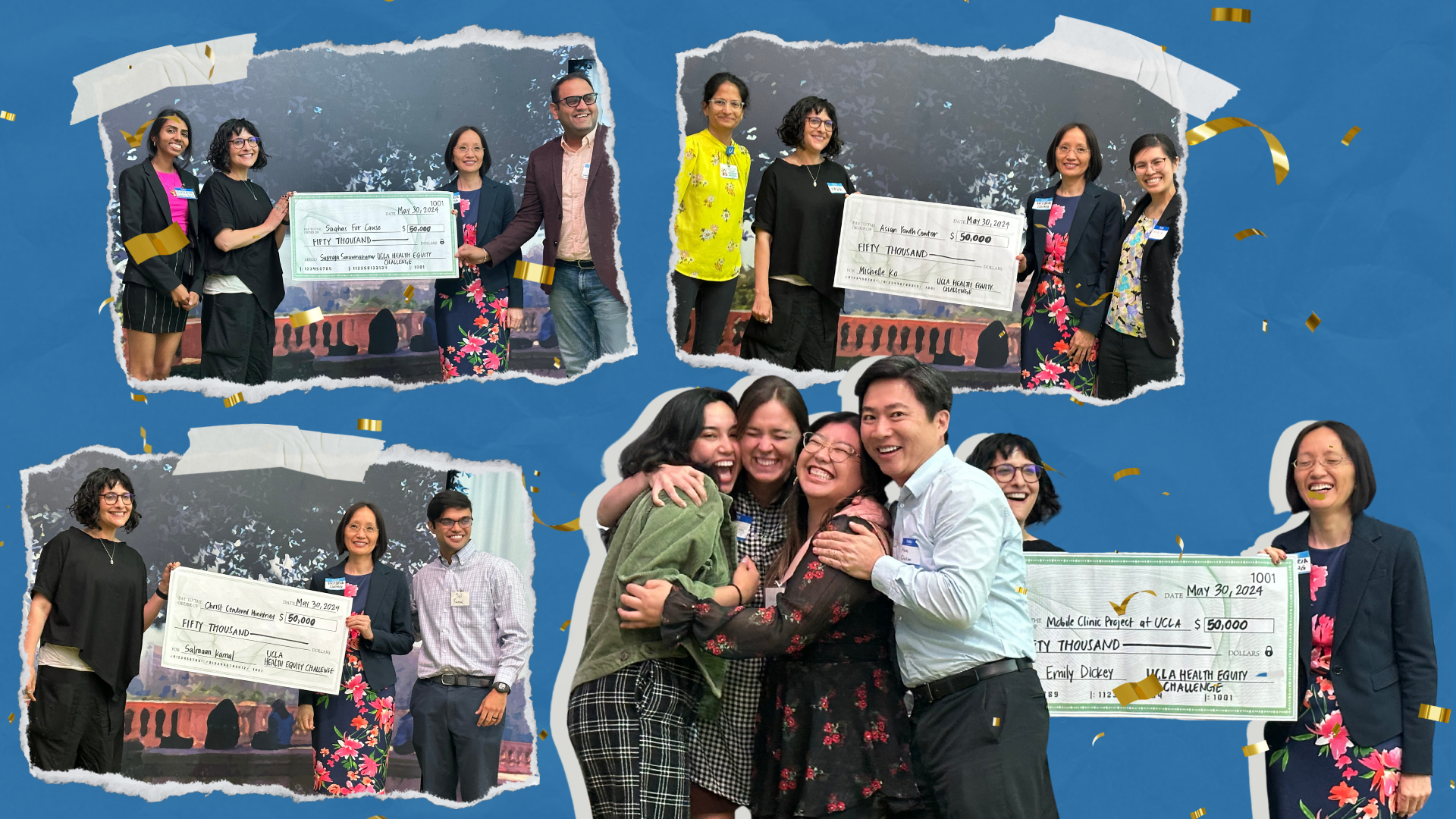“That voicing our struggles is not a sign of weakness but rather a path to healing. I am often afraid to be vulnerable, but this program showed me that sharing my vulnerabilities can not only help me come to terms with my own pain but also deeply connect with others.”
For as long as I can remember, my parents instilled in me the belief that education — and the knowledge it brings — is priceless. It pushed me to soak up as much information as I could in class, and I came to feel deep respect and admiration for the educators who supported my growth.
My journey into public health began as an undergraduate, the moment I stepped into my first Introduction to Public Health class.
During a virtual focus group with Parkinson’s Community Los Angeles (PCLA), I watched as participants leaned closer to their screens — not out of obligation, but out of hope.
My summer memories growing up don’t include trips to Disneyland or family vacations.
Up to $200,000 will be awarded to community organizations to implement student projects.
The winning projects in the Health Equity Challenge support housing, mental health, and treating people experiencing homelessness.
As many as 50% of blind high school students drop out of high school and COVID only exacerbated this problem.
Coming from a low-income community of color, I personally witnessed how generations of systemic racism and economic corruption have led to a powerful mistrust in the health care system.
Postpartum depression (PPD) is a silent struggle for many new mothers, but for South Asian women, cultural stigmas and generational pressures often exacerbate this already challenging condition. As a woman of color and a first-generation college graduate, I have walked a path shaped by the nuances of both my cultural heritage and my academic pursuits.










